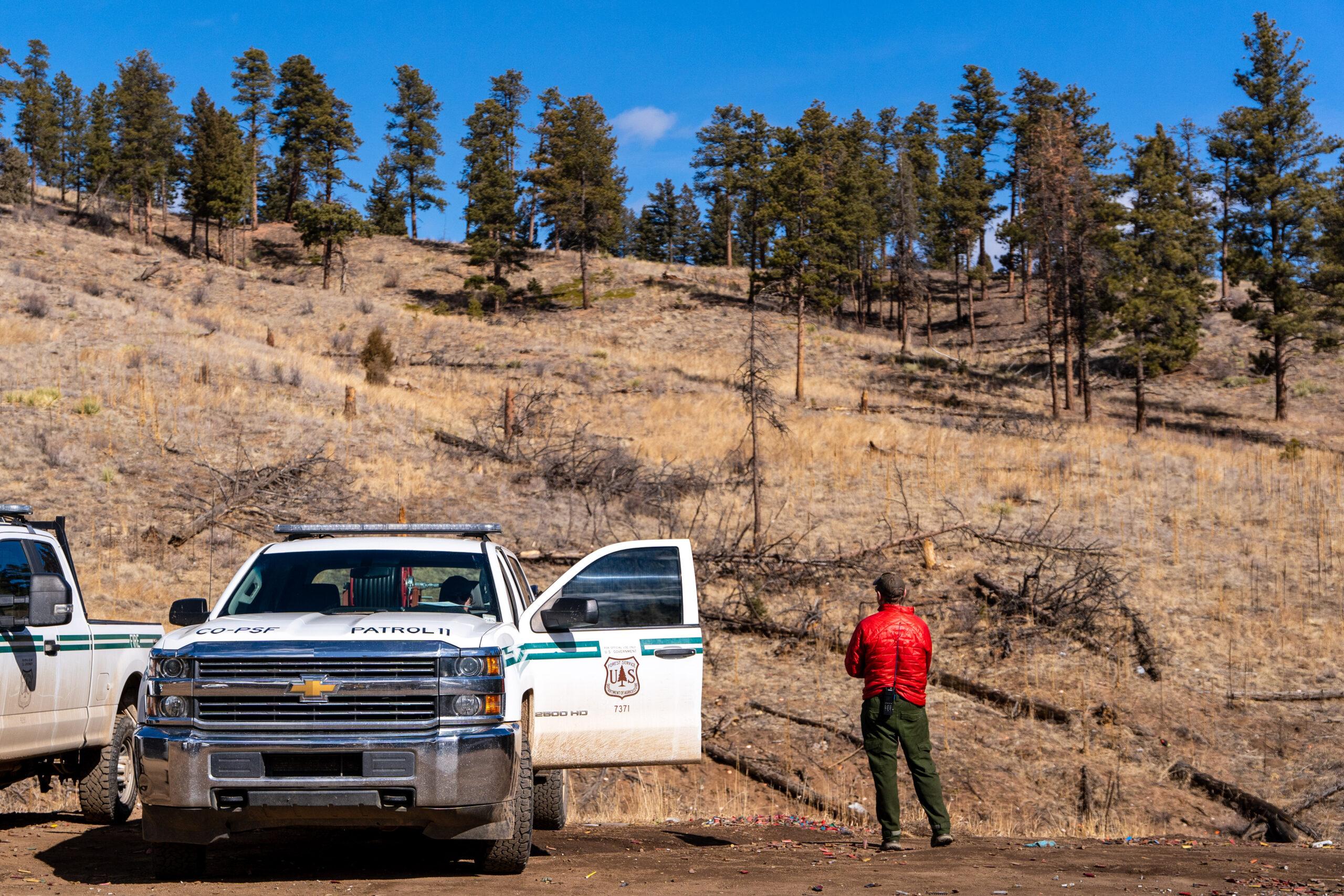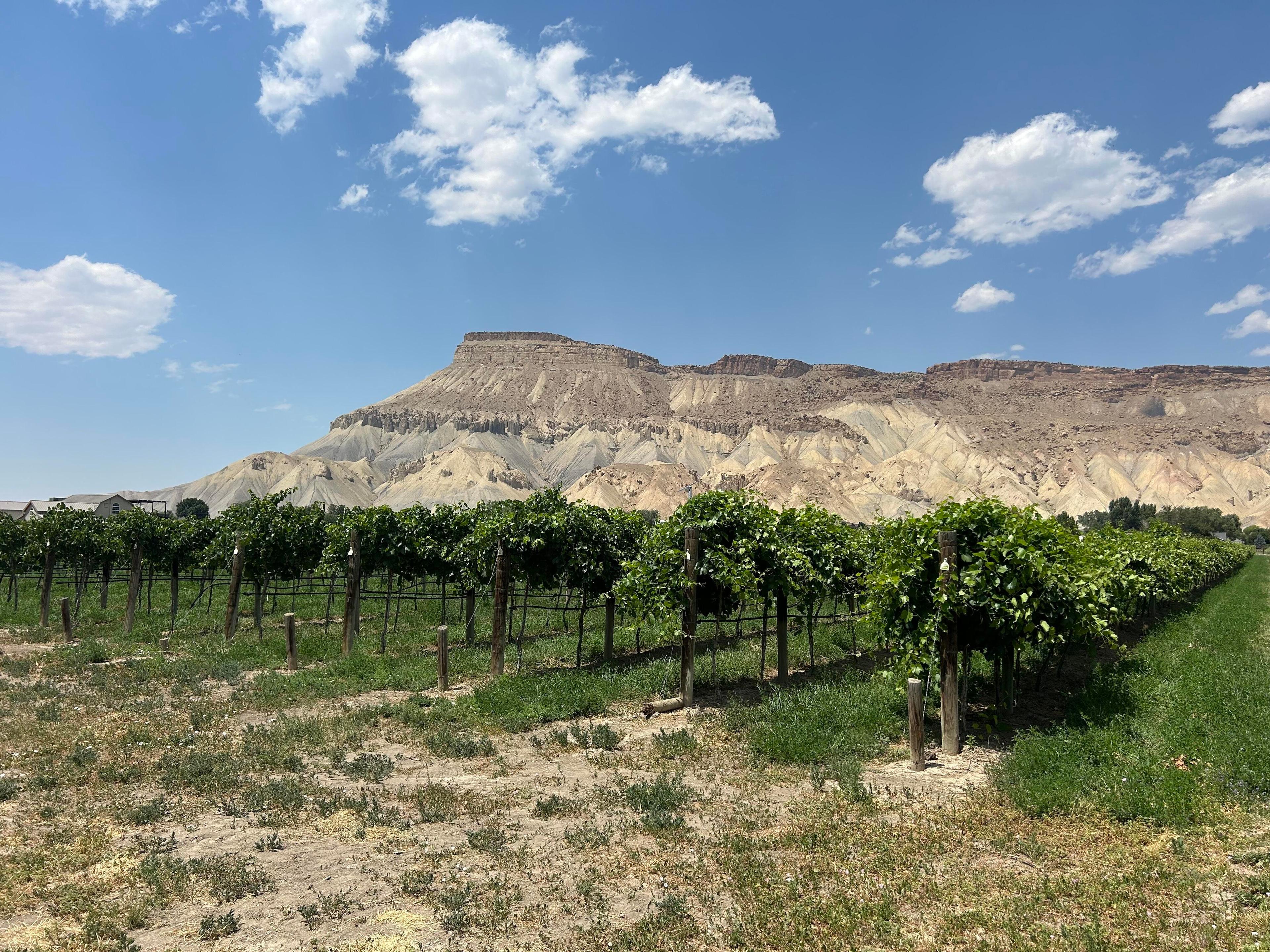
Since ISIS attacked Paris two weeks ago, the world has been on high alert to terrorist threats. And that includes Colorado, where public officials are considering how the state is vulnerable.
Colorado Matters host Ryan Warner spoke with two experts in law enforcement and terrorism about the threat to Colorado and ISIS' motivations. James Davis led the FBI field office in Denver from 2008 to 2011, then was appointed by Gov. John Hickenlooper to lead the state's Department of Public Safety. He's now a partner at a venture capital firm focused on security. Erica Chenoweth is a professor of international security and diplomacy at the University of Denver. She was named a “leading global thinker” by Foreign Policy Magazine and has written about ISIS.
Edited highlights from their conversation are below.
Chenoweth on why the Paris Attacks don't represent a major change for ISIS:
"These were not the first attacks that [ISIS] perpetrated outside of its major territory in Iraq and Syria. Since Oct. 2014, we've started to see [ISIS] try and reach outside of its territory strongholds by attacking places like a Tunisia beach, targets in Lebanon [...]
"The type of attack that occurred in Paris did not require a large degree of sophistication except to the extent that the attackers went undetected by authorities. The types of weapons used, the types of materials used for those weapons are not particularly difficult to come by. The targets were soft targets -- the theater where most of the people were killed was a place where people could not flee. [...]
"It's not too different in terms of operational capacity than anything we might see in the United States with a mass shooting in a theater or something along those lines. I think it's important not to overreact to these types of things by calling them major sea changes in the operational capability."
Davis on whether ISIS represents a different threat to the United States:
"The difference is in volume. And I think that the volume is based in part on the Islamic State's effort to radicalize folks in the United States through social media. And they are having more success in getting disaffected youth here in the U.S. to consider attacks here in the U.S. And I think that has really increased the operational tempo from a counter-terrorism perspective. I think that we have more targets, more vulnerabilities now than we did prior to the rise of the Islamic State."
Do you agree with Sen. Cory Gardner when he says ISIS "doesn't want us to enjoy the freedoms that we have"?
Chenoweth: "ISIS is not monolithic. There are true believers, people who are extremely committed to a very fundamentalist version of Islam [...] but they're a minority in the group. A larger proportion are opportunists, people who look at this conflict and see ways to enrich themselves in the short term or enjoy a certain degree of notorieties."
Davis: "I think that there is a core group of very fundamental, very committed jihadists. The basic desire of the Islamic State is to bring about this global conflict, and ultimately Armageddon. I do agree that it is a small percentage of folks that believe this, but they are the ones that are in power now and they are the ones that we need to be most concerned about and they pose a serious risk."
More:








